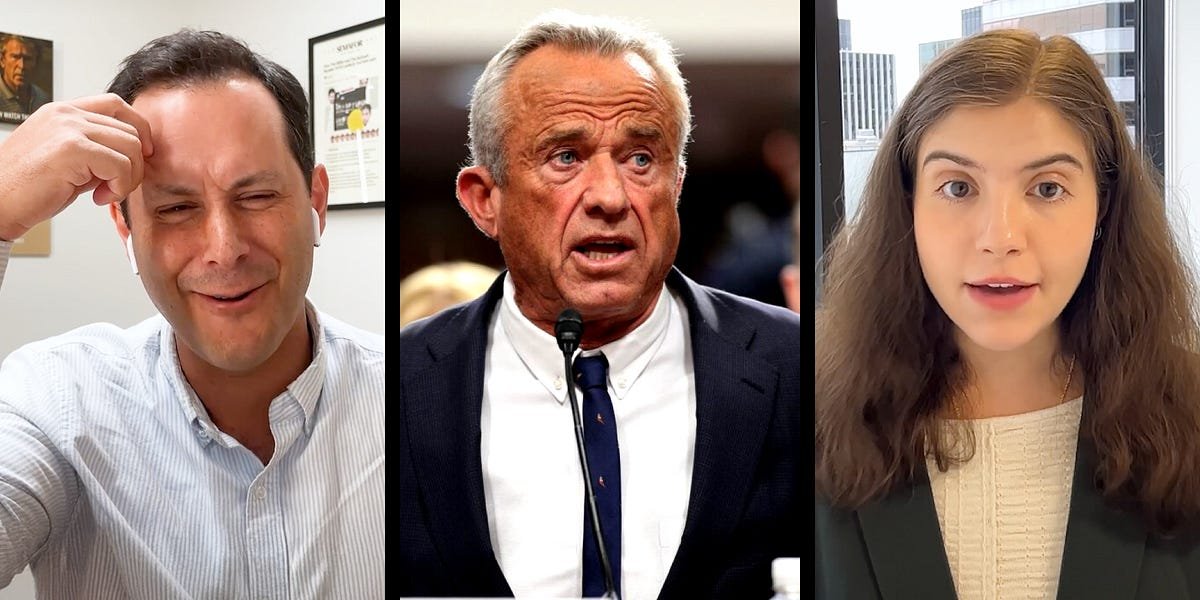Now Reading: Trump finds more convicted congressional Republicans to reward with pardons
-
01
Trump finds more convicted congressional Republicans to reward with pardons
Trump finds more convicted congressional Republicans to reward with pardons

Content Summary
In recent days, former President Donald Trump has demonstrated a particular inclination to pardon congressional Republicans convicted of felonies, a trend becoming increasingly apparent amidst a series of pardons aimed at his political allies. Notably, he pardoned former Republican Rep. Michael Grimm from New York, convicted in 2014 for tax fraud after he underreported nearly $1 million in earnings. Grimm’s history included a turbulent tenure in Congress, characterized by controversial actions and statements, such as a physical threat made against a journalist. Ultimately, he resigned under pressure from GOP leadership after pleading guilty to a felony.
Alongside Grimm, Trump also pardoned John Rowland, a former Connecticut Governor who faced a tumultuous political career marred by corruption scandals. Rowland resigned in 2004 to escape impeachment and later served time for various public corruption offenses. Despite no signs of impropriety in their prosecutions, Trump issued pardons, signaling a preference for partisan loyalty over accountability. Their pardons continue a pattern of Trump supporting Republican lawmakers with criminal records.
Historical context reveals that Trump has consistently favored pardons for Republican congressional figures. The Washington Post highlighted that during his presidency, Trump pardoned convicted Republican congressmen such as Chris Collins and Duncan D. Hunter, bringing the total pardons for GOP officials to nine. This includes not only those convicted during his term but also several from previous administrations, effectively granting clemency to a significant number of Republican lawmakers charged with felonies in the 21st century.
Moreover, the pattern extends beyond pardons; Trump’s administration has intervened in ongoing corruption cases involving current Republican congressmen. These actions reinforce a clear narrative: the White House is a sanctuary for GOP politicians confronting legal challenges, providing them reprieve and signaling a broader tolerance for unethical behavior among party members.
Overall, the recent pardons delineate a troubling trend of political favoritism, highlighting Trump’s willingness to protect Republican allies regardless of legal transgressions while neglecting counterparts from the opposing party. This approach raises concerns about justice and accountability, particularly as it unveils a marked disparity in how political figures are treated based on party affiliation.
Source: www.msnbc.com













